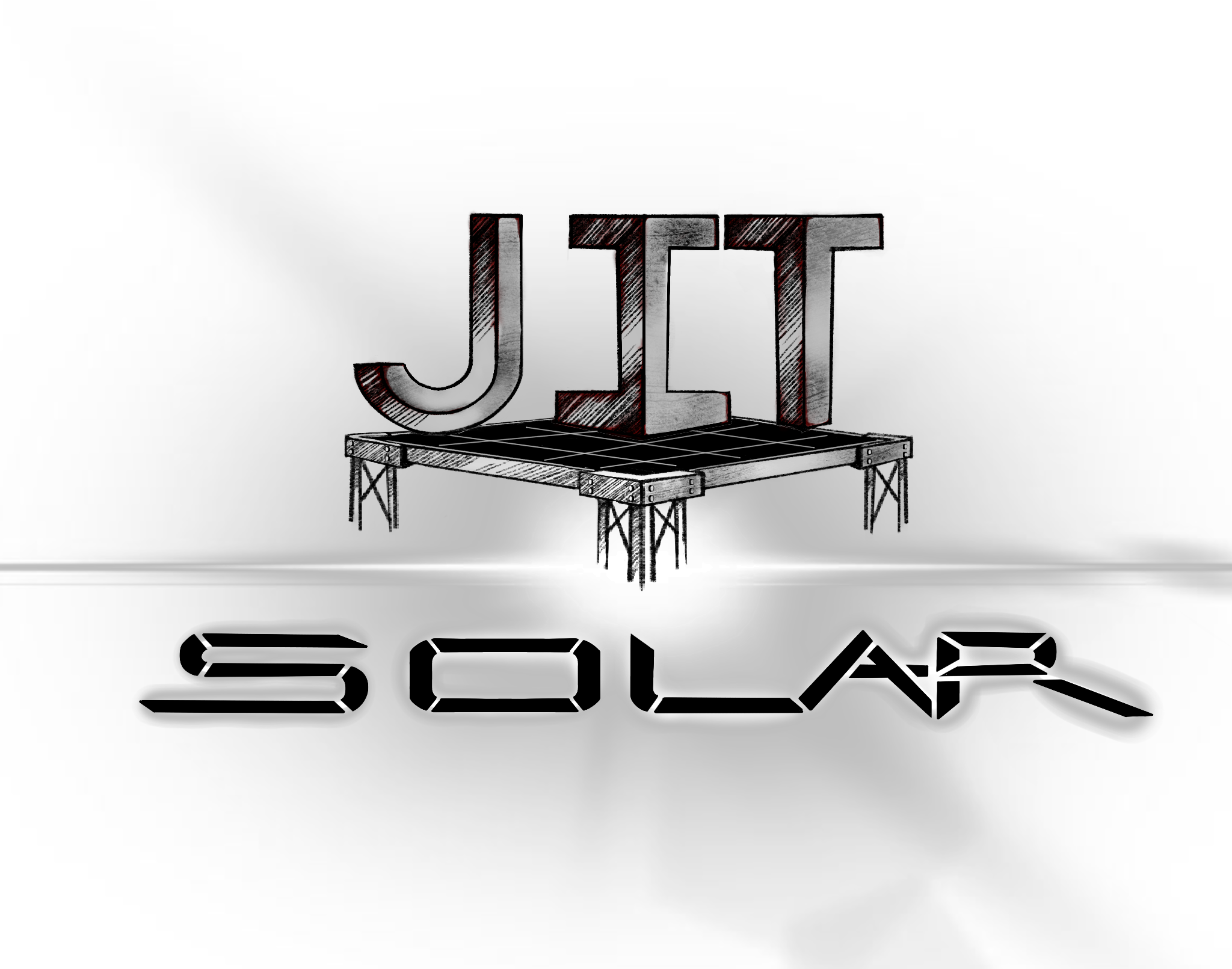What Happens When Your Solar Company Goes Out of Business?
The solar industry is one of the most promising industries within Phoenix and the state of Arizona as a whole. At the start of 2023, around 9% of electricity within Arizona was made up of solar power. While the potential for growth is there, there are some concerning numbers. For example, residential solar shrank by 25% nationwide YoY between 2023 and 2024. This was due to higher interest rates and tighter legislation in California. While the solar industry has potential, there are some key facts to be aware of, especially regarding solar power in Arizona. Below is a perspective on the state of the industry, how solar power companies are being affected, and how we strive to be above the rest at JIT Solar.
Why Some Solar Companies Are Going Bankrupt
Two key factors to why solar companies go bankrupt are due to poor business practices and poor business management. As we discussed with Titan Solar Bankruptcy, building your business on risky sales channels and improperly trained installers can have costly and highly negative outcomes. For a lot of solar companies, the files against them for poor business practices, along with simply not honoring contractual maintenance for customers, lead to a bankruptcy claim to help fend off any legal implications or greater loss of money. It is this compound effect of various poor business practices that has led to so many solar companies filing for bankruptcy over the past few years.
Analysis Of Recent Solar Bankruptcies In Arizona
As of July 2024, these companies had filed for bankruptcy in Arizona:
- Titan Solar
- ACE Solar Systems
- Arizona Solar Concepts
- Solarworks
- Zenernet
- Solcius
- Kayo Energy
- Arcadia
Impact on Businesses & Homeowners
- Service and Maintenance: Difficulty accessing repairs, warranty services, or routine maintenance.
- Financial Issues: Problems with recovering advance payments or managing financing arrangements.
- System Performance: Challenges with monitoring system performance and troubleshooting issues.
- Insurance Claims: Complications with filing insurance claims related to the solar system.
- Contractual Obligations: Issues with fulfilling or transferring service agreements and contracts.
- Replacement Services: The need to find a new provider for repairs, maintenance, or upgrades.
- Legal and Regulatory Issues: Potential legal action to recover funds or resolve disputes, and regulatory challenges.
- Incentives: Delays or problems with claiming solar incentives or rebates.
- Customer Support: Loss of access to customer service for ongoing support and questions.
If you dig into the aftermath of these closures, there are user reports on the Better Business Bureau website sharing the impact these closures have had. For example, a user shared this on the Kayo Energy bankruptcy earlier this year, “There is absolutely no way to get in contact with this company. Our house being sold has been delayed due to the poor service of this company and its lack of communication.”
As you can see, when these companies file, they leave many hard-working and paying customers out to dry. Bad business practices have negative effects on the day-to-day lives of customers, such as this one who left a review on Erus Energy, who also went bankrupt: “…I was told that I had been misinformed and that *** DOES NOT give credit in those amounts, if anything maybe $200-$300 credit, that would be all. I reached out to the sales guy and told him of the situation, and that the information he had told me to convince me to get the solar panels was false, he replied by saying that they “were not tax experts” and had no control over what *** does.”
How To Find a Reliable Solar Company?
It is the bad faith actions of solar installers and sales groups that have led to the closure or bankruptcy of so many different solar companies. The push to drive revenue and adoption of the technology, no matter the cost or actual value of the panels themselves, has led to backlash and a closer eye from the federal government on the solar industry as a whole. That is why it is important to work with reputable, accredited companies like JIT Solar, which is, in fact, accredited by the Better Business Bureau.
Protecting Your Investment: What To Do If Your Solar Company Goes Bankrupt?
At JIT Solar, we aim to ensure that customer’s needs are met in the Phoenix region and beyond. We find it unfortunate to see so many solar businesses file for bankruptcy and close their doors, but we hope to be there as a leader of solar energy for customers left out to dry. Below are some key tips for finding reputable solar companies or some key ways to find a new one if your current company goes bankrupt.:
- If stuck mid-installation, call JIT Solar or other solar companies to finish the job if possible.
- Find out if the company was acquired and if your personal account was transferred to a new holding company.
- Call the equipment manufacturer for your panels for any issues. They are a great resource for finding local repair services in your region.
- For legal questions and guidance or general inquiries, Solar United Neighbors is a great non-profit helping protect solar power customers nationwide.
Find a Solar Company in Arizona That is Built to Last
As you can see, there can be major implications for when a solar company goes bankrupt. Finding an accredited, well-regarded company is crucial within the solar industry. As regulation gets tighter and costs increase, the bad actors in the industry will fall and fail. Not being caught in a bad situation due to the poor management of a company should not be your responsibility, and that is why JIT Solar is the right fit for those investing in solar power in Phoenix, Arizona.



